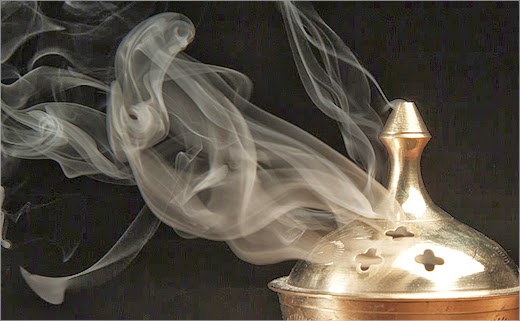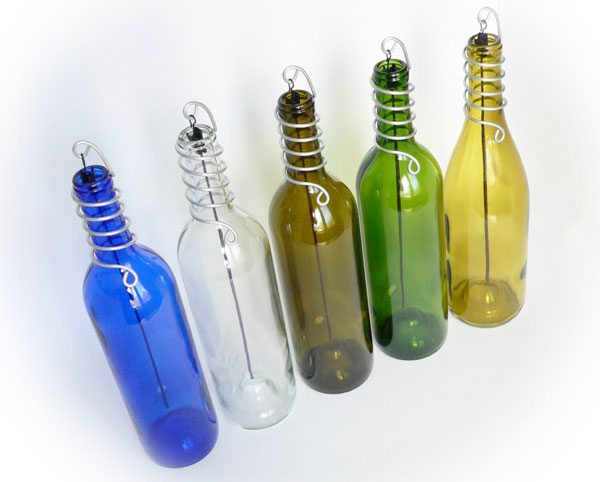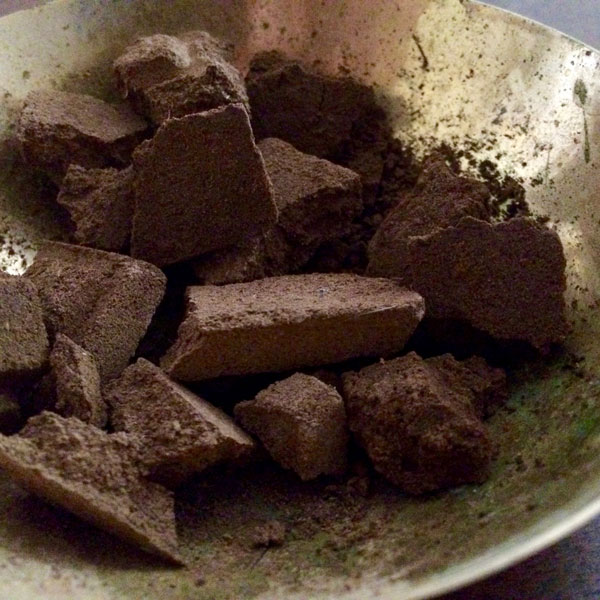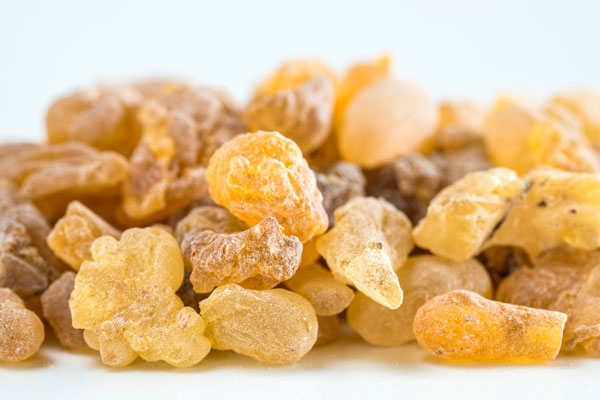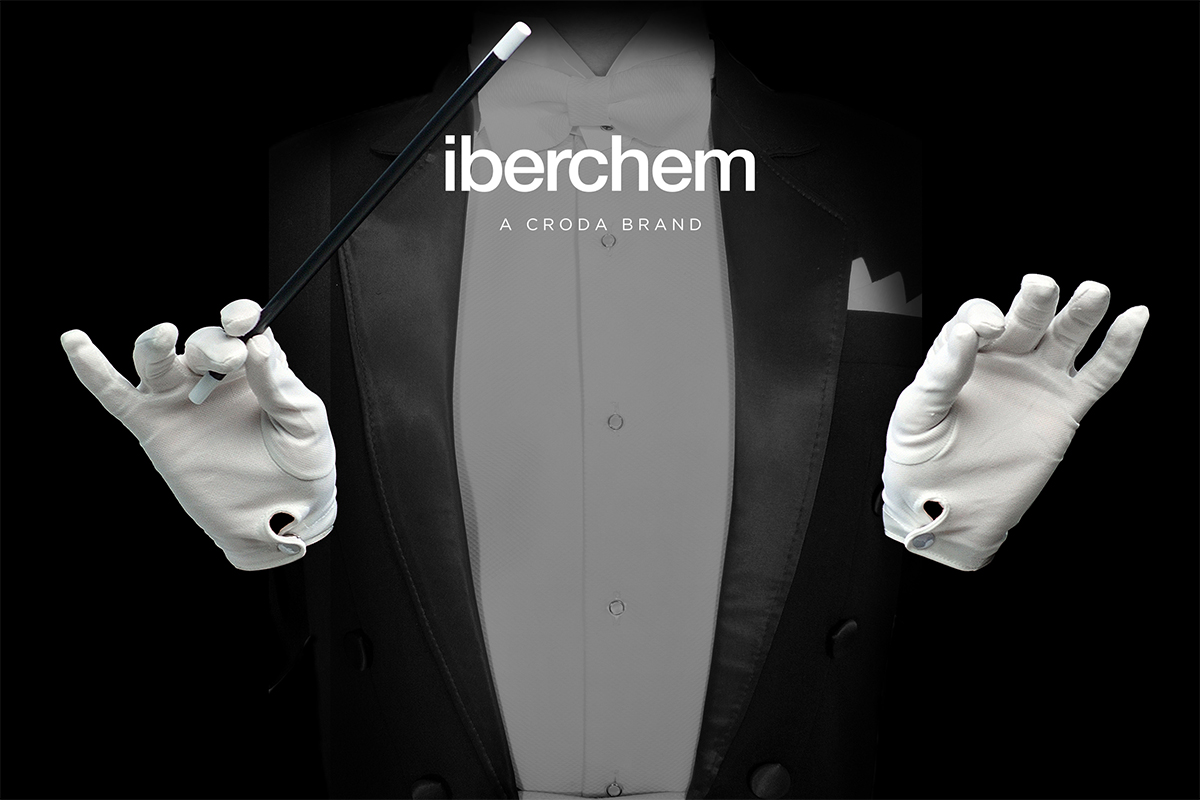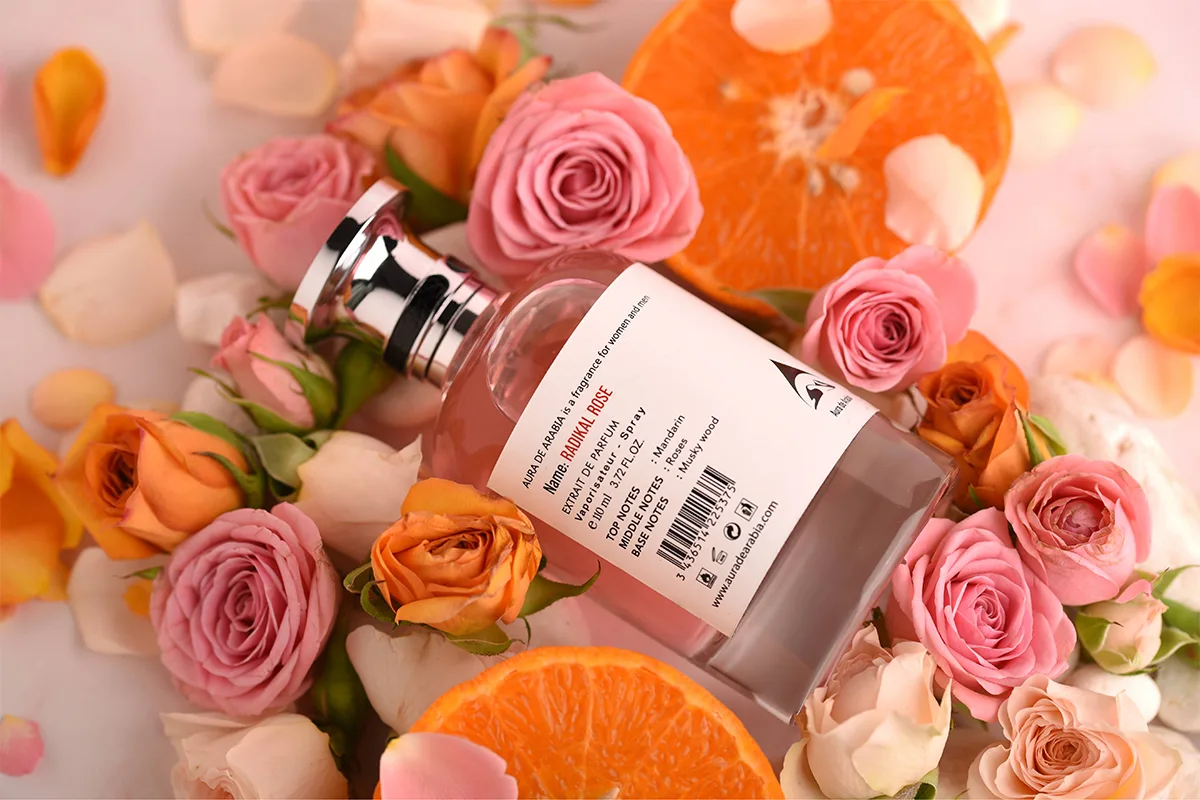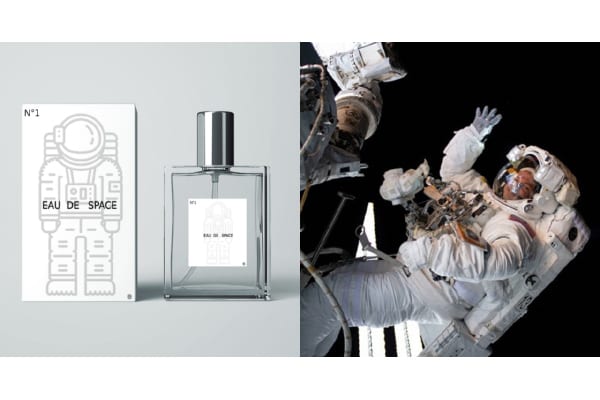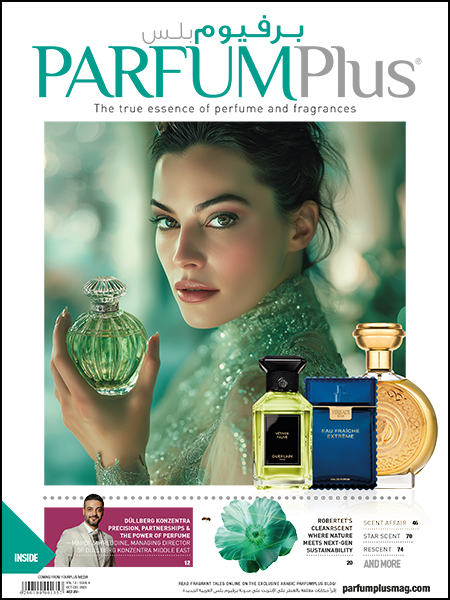From ancient culture to modern luxury, the Middle Eastern countries have always been known for their love of fragrances. And when it comes to home fragrances, Middle East has played a pivotal role in shaping the traditions when it comes to the domain of perfumery
From the best frankincense and bakhoor to incense with hand-blended resins, powdered flowers, and perfumed oils, you will take home a precious piece of Arabia with each fragrance you come across in this region. Additionally, the beautiful blend contributes to soothing the atmosphere in your home. The right home fragrance has the potential to evoke happy memories and add the element of glamour to the aesthetic appeal of your home. Therefore, you should invest time to choose the right home fragrance. And what better place to do so than the lavish choices offered in Dubai.
While fragrance is ingrained in their culture, luxury is also synonymous with their affluent lifestyle and taste and this is what puts Dubai high on the list of home fragrance connoisseurs. But before you indulge in the home fragrance shopping, extravaganza that Dubai offers, it is important to familiarize yourself with the fragrance culture that is ingrained in the roots of Arab existence. The world of luxurious scents, fragrances and perfumes is native to Emiratis, Khaleejis and Arabs.
Given the rich legacy of fragrances and the pivotal role that it plays in their culture, it is quite common to come across Arab homes that radiate a mesmerizing fragrance or a combination of exotic scents – jasmine, sandalwood, chamomile blossoms, saffron, cinnamon, vanilla with a blend of the traditional bakhoor.
The Bakhoor tradition
A visit to a traditional Arab home is incomplete without the olfactory treat that resembles their warmth and hospitality. When you enter the house, be prepared to be engulfed in a soothing concoction of various oudh blends. The burning oudh evokes a sort of transcendent and emotional experience that is sure to carve a place in your memory as well.
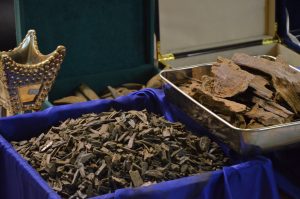
Arabs are known to use agarwood chips/oudh, muattar and bakhoor scented chips and sprays, as part of their home fragrance routine. Bakhoor is the Arabic name given to scented bricks which are often a blend of traditional ingredients like wood chips made of oudh soaked in fragrant oils and mixed with other equally powerful notes like resin, ambergris, musk, and sandalwood.
On special occasions like weddings or family get-togethers, Arabs are extra careful to invest more time and effort to cast that oh-so-seductive spell of love and warmth to welcome their guests. Arab women are known to walk around the entire premise with the incense burners to ensure that every corner is fragrant.
In many Arab countries passing bakhoor amongst the guests in the Majlis (meaning sitting room in Arabic) is also considered a gesture of hospitality. Not only does the fragrance welcome your guests, it is also said to ward off bad luck and possess healing properties.
So, don’t be shocked if you come across this tradition during one of your visits to Arab homes. Alternatively, if you are tempted to add the Arab world glamour to your home fragrance routine, picking up bakhoor from a souk may be a good idea.
A modern twist
While one may argue that the dawn of modern times has led to the extinction of various traditions but the fragrance is something that continues to be close to the heart of all Arabs. The Emiratis, along with their Gulf neighbors are known to be the biggest spenders per capita on luxury perfume and rightly so. Modern homes may not have the time to set up the traditional incense burners and prepare the exotic variants of bakhoor but they continue to carry forth the legacy of rich home fragrances. Of course, this is done with a little help from technology using aromatic diffusers, candles, oils and even sprays. In fact, the electrical diffusers allow the homeowners to alter the intensity of the diffusion, depending on the situation.
The oudh mixtures in modern homes consist of are made using several natural ingredients and essential oils such as musk, patchouli, oak, jasmine flower, rose flower, saffron, cedar, amber, bergamot, and sandalwood among others.
The dreamy scent of Frankincense
Frankincense is another popular ingredient when it comes to home fragrances in the Arab countries. A traditional way to use Frankincense is to burn them in charcoal braziers or electric incense burners.
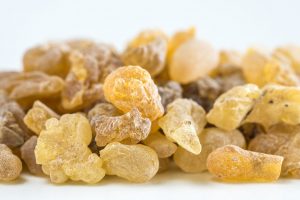
However, many modern homes prefer to use incense sticks laced with Frankincense oil. The Silver and Hojari variants of Frankincense are generally considered the highest grades. Many Arab homes prefer to blend the Frankincense with other woody, honey sweet, critic like lemon and minty fragrances for that heavily scented aroma.
The earthy version
Arabs who prefer earthy and garden fresh scents with a cinnamon-like kick, find it in Myrrh, an aromatic resin of Commiphora. Myrrh is often blended with Frankincense which is further mixed with essential oils and fragrances such as vanilla, sheer musk, herbaceous woodsy pine, patchouli, and lilac to produce the most potent scent. This version of the fragrance is also distillers, candles and sprays. Another option popularly exercised in Arab homes is spraying rose water around the house. The reason why Arabs use authentic rose water is that it blends well with most of the other ingredients that they use as for their home fragrance routine. The traditional Arab homes make this rose water by collecting Taif Rose petals every spring and distilling them in water. Many homeowners also welcome guests by spraying rose water and imbue it with clothing and furnishings to ensure that the fragrance lasts longer.
Indulgence for your senses!
The Arabs have different notes for different moods. For instance, if agarwood is known for healing, cinnamon is said to cast a welcoming aura and is ideal for welcoming guests. Peculiar to the Arabian homes, every room will have its own character and scent. The home fragrance connoisseurs have an assortment of scented reed diffusers, soy or wax candles, plug-ins, bulbs, sprays, mists and oil warmers to choose from that too from leading brands.
Additionally, these diffusing methods are very easy to implement. In fact, it is this ease that has led to the culture and practices of home fragrances travelling beyond the borders of the Middle East, gradually making its way into the Western culture as well. However, the roots of the home fragrance routine are quintessentially Arabic.
So for those of you who are in the lovely city of Dubai, don’t miss out on the opportunity to experience the olfactory indulgence when it comes to home fragrances.


